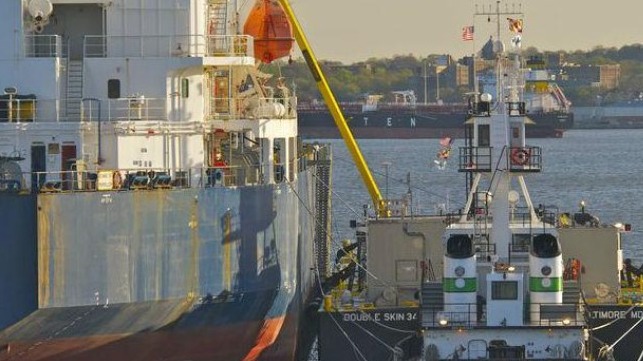German Gov't Plans Trial Scale Plant for Power-to-Liquid Bunker Fuel

The German Federal Ministry of Transport and Digital Infrastructure (BMVI) plans to underwrite construction of the world's largest power-to-liquid production plant, part of its efforts to accelerate development of sustainable fuels for shipping and aviation.
In a call for proposals released Tuesday, BMVI said that it is seeking project outlines for the construction and operation of a "development platform" for electricity-based liquid fuels (also known as power-to-liquid fuels or electrofuels) with a production capacity of up to 10,000 tonnes per year. The project is particularly focused on kerosene and byproducts of PtL kerosene production, according to the ministry.
"By switching to electricity-based fuel, we can save millions of tons of CO2 emissions. To do this, however, we need a large amount of climate-neutral fuel by 2030 - especially for aircraft and ships," said BMVI Federal Minister Andreas Scheuer. "In order to get electricity-based fuels out of the laboratory and into mass production, we are promoting the world's largest production facility."
The objectives of the project include achieving technological maturity for PtL fuels in aviation and shipping; evaluating and reducing PtL production costs at an industrial scale; and centralizing PtL R&D efforts to prevent redundant development work. The areas of study will cover green hydrogen production, carbon dioxide sourcing, fuel synthesis and post-synthesis refining, all of which are required elements for PtL production. The product output must meet existing standards for petroleum-based shipping and aviation fuel, and in sufficient quantity to allow for real-world fuel testing and feedback.
The BMVI plans to invest about $1.8 billion in renewable fuel R&D in the next several years, including the PtL plant project.
